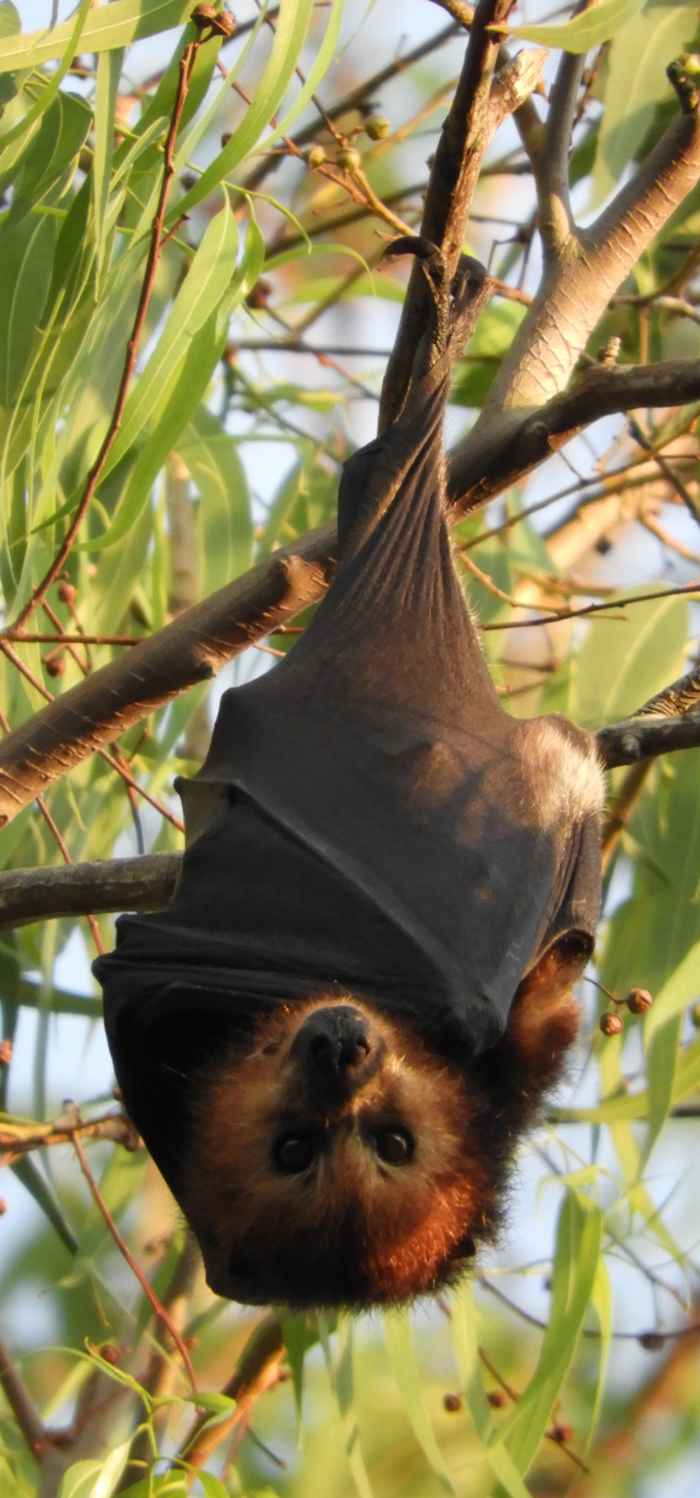Plants on Mauritius lose their seed dispersers
13 March 2023

Island biologists know that the balance of life on an island can be fragile. 'Islands are relatively simple systems which have evolved in strong isolation compared to many continental ecosystems', explains W. Daniel Kissling, an ecologist at the University of Amsterdam's Institute for Biodiversity and Ecosystem Dynamics (IBED) and co-author of the study. 'As a consequence, unique and sometimes bizarre species have evolved on islands, such as flightless birds and flightless insects or dwarf elephants and giant hedgehogs. Many of them have become extinct or are threatened, either directly by humans or because humans have introduced alien invasive species which compete with, or prey on, native islands species', says Kissling.
Destroying seeds instead of dispersing them
'The paper shows that the animals that arrived on Mauritius with sailors 400 years ago, such as rats and pigs, are unlikely to replace extinct animals in their crucial ecological function of dispersing the seeds of plants when eating fruits', says former IBED master student Julia Heinen, who is the lead author of this study and currently a Postdoc at the University of Copenhagen. They eat and destroy the seeds instead.
Heinen: 'This has led to concern that the plants of which most are critically endangered, may have lost the capacity for seed dispersal via animals – ultimately increasing the risk that they will go extinct. The extinction of the native plants could ignite a cascade/snowball-effect of extinctions taking other species with them in the downfall.'
The Mauritius flying fox (Pteropus niger) is one of the few native animals left on the island. It is now dispersing the seeds of most Mauritian plants. Despite its IUCN status as critically endangered species, the Mauritian government regularly culls thousands of the bats because the locals don’t want them near their gardens and orchards, where the bats eat fruits like mangos and make noise.
Loss of global biodiversity
Heinen explains that most of the recent extinctions on our planet have happened on islands. 'This makes islands the center of the biodiversity crisis.' Islands harbor many specialized species that are not found anywhere else. The loss of animals and plants on islands means a total loss of global biodiversity in terms of species, genetic composition and ecosystem diversity. Island biodiversity is thus of central importance for global biodiversity conservation.
Details of the publication
Julia H. Heinen, F. B. Vincent Florens, Cláudia Baider, Julian P. Hume, W. Daniel Kissling, Robert J. Whittaker, Carsten Rahbek & Michael K. Borregaard
Novel plant–frugivore network on Mauritius is unlikely to compensate for the extinction of seed dispersers
Nature Communications 14, 1019 (2023), doi: https://doi.org/10.1038/s41467-023-36669-9